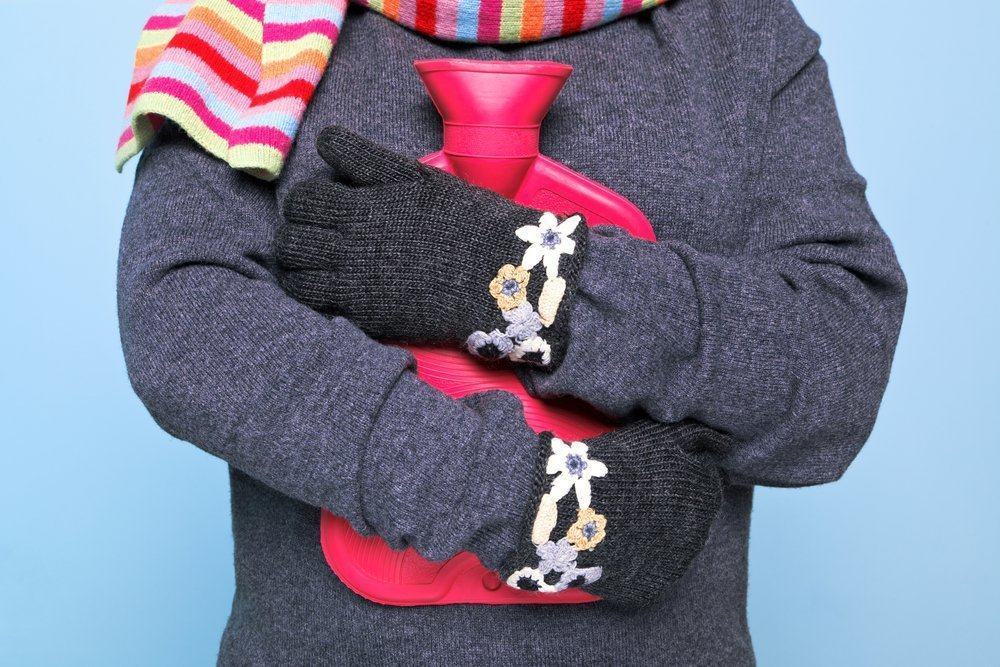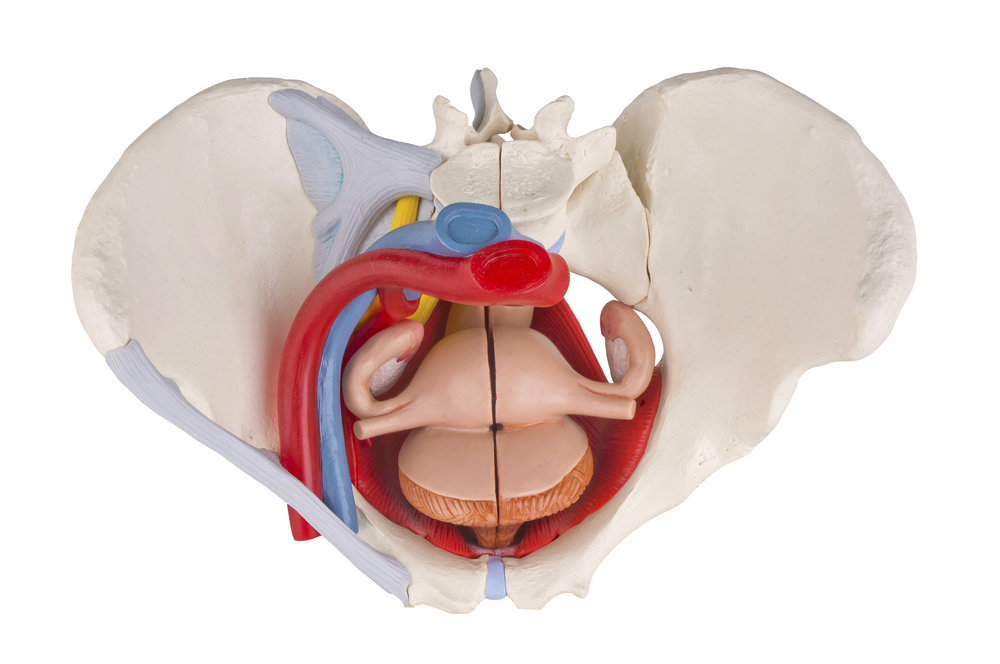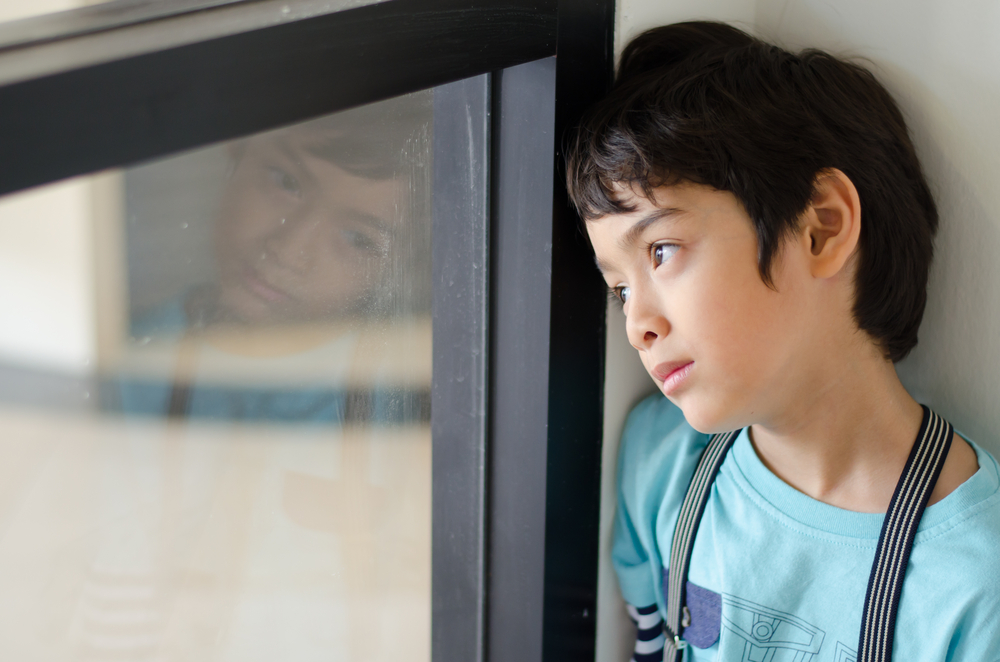Contents:
- Medical Video: How to Manage Viral Induced Asthma During Cold and Flu Season
- Causes of colds and flu
- The relationship between air temperature and disease
- Cold air affects flu symptoms
- The immune system affects the body's vulnerability to colds
Medical Video: How to Manage Viral Induced Asthma During Cold and Flu Season
Cold air can make you sick with colds and flu, right? Not only in Indonesia, the most popular health myths are also widely trusted by individuals abroad. However, if this is a myth, why does the peak of colds and flu occur when you are exposed to cold air? The answer to this question is very complex and interesting. Therefore, let's look at the answer below.
Causes of colds and flu
In the case of infectious diseases, such as colds and flu, the virus is the only major cause of the disease itself, and not from cold weather. According to Thomas Tallman, DO, an expert on colds and flu at the Cleveland Clinic, cold weather does not cause colds, at least not directly. "That doesn't have any effect at all," Tallman said. "Cold air and flu are not interconnected."
Dr. Sorana Segal-Maurer, a head of Dr. James J. Rahal Jr. The Division of Infectious Disease at New York Hospital also stated the same thing. Not cold air is a problem, but what we do when cold air approaches. "When the weather turns cold, we choose to be indoors, where air is recycled and we are often close to other people and with viruses. If someone sneezes, the distance is close to each other. "
People at close range will be more susceptible to viruses. "If there is one person in your family who has a cold or flu, it will spread easily to other family members," Tallman said.
The relationship between air temperature and disease
"Dry and cold conditions may make you more at risk of getting viruses due to dry mucosa," Segal-Maurer added. Mucosa is something that lines the trachea at the back of your throat and sinuses. Viruses can attack dry mucosa and eventually develop more, that's what causes you to get a cold.
What's more, there are around 200 viruses that can cause colds, according to Professor Raina MacIntyre, a Professor of Infectious Diseases Epidemiology and head of the School of Public Health and Community Medicine at the University of New South Wales. "There is a connection between cold weather and colds or flu, because there are various things that cause the rate of transmission of the cold virus is much higher in cold weather," Macintosh said.
Recent research from the United States found that influenza virus has a layer of hard fat that protects it from cold air, the layer then melts after the virus enters the respiratory tract.
Cold air affects flu symptoms
After seeing the connection between air temperature and disease, this proves that even though cold air does not cause flu, exposure to cold air will worsen your flu symptoms.
Macltytyre said that if you have a cold and a fever, you will feel more miserable if you leave the house in cold weather than staying in a warm, resting bed.
Maybe being in the house to stay warm and comfortable when attacked by flu symptoms is not a bad idea. In addition, with you staying at home, you can simultaneously prevent the transmission of the virus to others.
The immune system affects the body's vulnerability to colds
According to Tallman, the virus does not need a weak immune system to attack. "You can get a cold even though you have a healthy body," Tallman said.
It is true that colds can affect anyone, but the strength of our own immune system also plays a big role in our body's vulnerability to colds.
"The most extreme are babies, parents, and people who have certain medical conditions," said Segal-Maurer. "Even people who take steroids are low. They all don't have a lot of antibodies, so cells that should function to fight infection cannot work properly. So, when they get a cold or flu, they will have a more severe condition. Everyone is susceptible to viruses, but colds that attack us only for 24 hours, may be settled for a week for others. "
READ ALSO:
- Wind Is Actually What Disease Is It?
- Drinking Warm Water vs. Cold Water: Which Is Better?
- 7 Natural Flu Prevention Materials Available at Home












